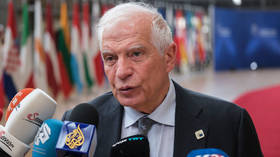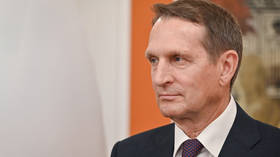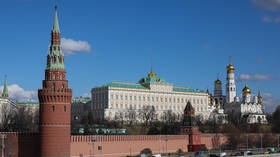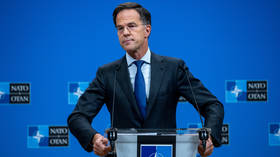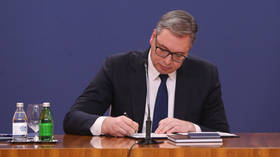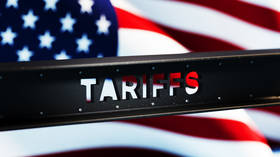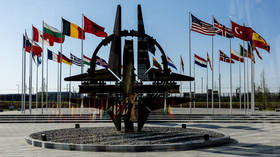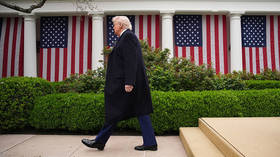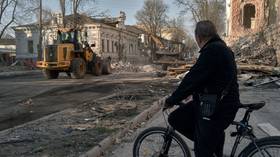Most EU members back extending freeze of Russian assets – Politico
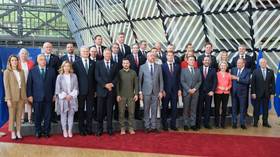
The majority of EU countries and the European Commission are in favor of extending the sanctions renewal period for the Russian assets frozen by the bloc from six to 36 months, Politico has reported.
Brussels is making changes to its regulations in an attempt to convince Washington to contribute to its $50 billion loan to Ukraine, the outlet reported in an article on Monday. It is planned that the funding would be repaid using the interest earned on around $300 billion in Russian central bank assets which were frozen by the West after the escalation of the conflict between Moscow and Kiev in February 2022. Most of the blocked funds are being held in the EU. The US has reportedly been worried that the bloc’s current sixth-month sanction renewal period makes the loan too risky.
According to Politico, the European Commission proposed three ideas on how to amend the EU’s sanctions rules in order to alleviate Washington’s concerns on Friday.
The first one is renewing the freeze on Russian assets every 36 months in a unanimous decision by the bloc’s 27 members. Two EU diplomats told the outlet that this option is “favored” by most EU countries.
The second idea is to block access to Moscow’s money for another five years, with a review every 12 months. In this case, prolonging the curbs would require the backing of the majority of the member-states, instead of a unanimous vote. This would make it difficult for a single country to unblock the Russian assets, Politico said. The outlet claimed that Hungary would be the “prime suspect” in this manner, as it has long been critical of EU sanctions policy.
The last option is to extend the renewal period for all EU sanctions to three years. However, it is seen as “the most unlikely,” the report read.
In late August, EU foreign policy chief Josep Borrell said that the bloc has made its first transfer of €1.4 billion ($1.5 billion) in interest earned on Russia’s frozen central bank assets to Ukraine and other states which are aiding Kiev amid the conflict.
Commenting on Borrell’s announcement, Kremlin spokesman Dmitry Peskov described the actions by Brussels as “theft” and “illegal expropriation,” warning that they would have “legal consequences.”
Moscow has repeatedly said that the seizure of its funds would be against the law and would further undermine global trust in the Western financial system. Russia also warned that if necessary, it would respond in kind if such a move were launched by the US and EU.
